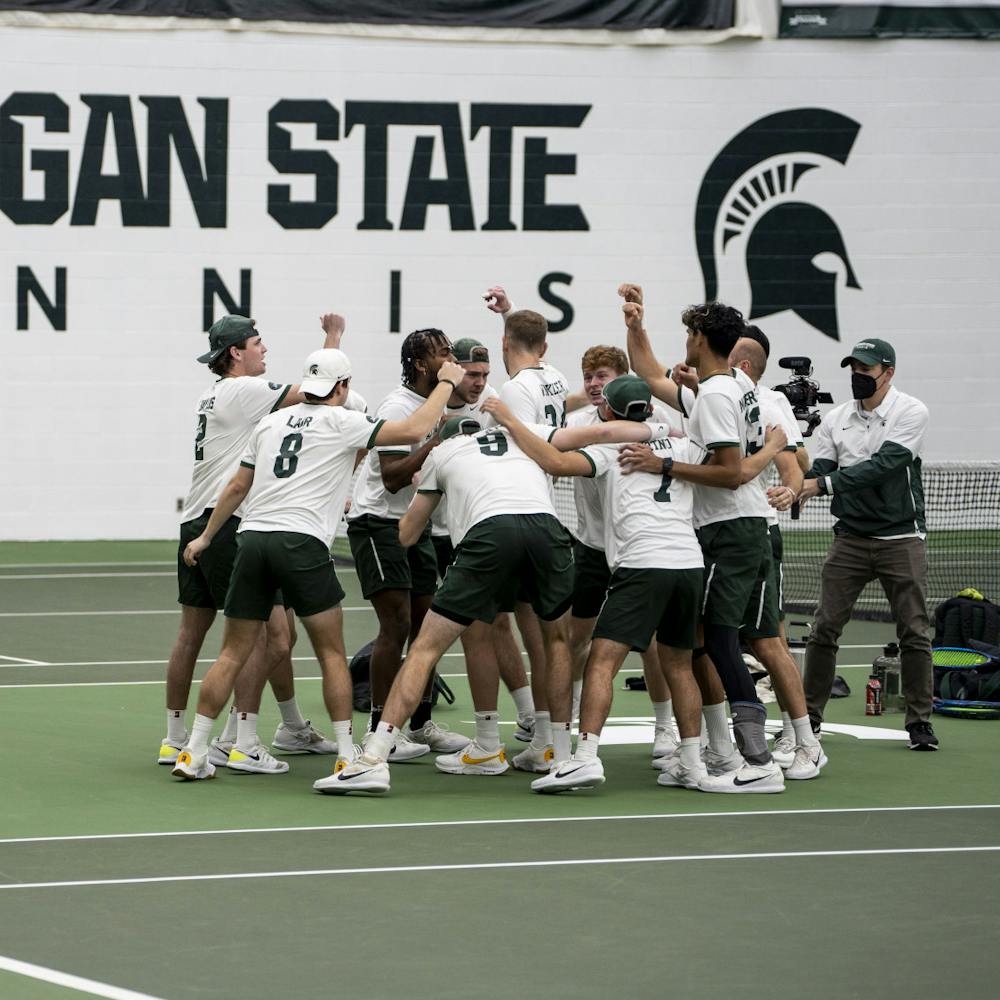On Wednesday, two popular websites will intentionally black out their service to protest online piracy bills working their way through Congress as a debate about Internet openness continues to escalate.
Wikipedia, the vast online encyclopedia often used as a go-to starting point for class essay sources and background information, and Reddit, the user-driven link sharing site popular among college students, will black out their pages on Wednesday during the day in a growing movement against the Stop Online Piracy Act, SOPA and the Protect IP Act.
While the bills has been backed by Hollywood to protect copyrighted material, many in the Internet community — including the founders of Google, Twitter and YouTube — have argued it will hurt the collective and creative atmosphere of the online world. Both were introduced to Congress in 2011.
“It would highly decrease the amount of innovation from college students across the board,” said Jena Donlin, Reddit’s business development manager and an MSU alumna who formerly worked at The State News. “There’s so much room for abuse.”
If passed, the laws likely would limit the content available on Reddit, Donlin said, as any original artwork or content using pieces of copyrighted material could be blocked.
Google has said it plans to protest the bills as well with a link on the search engine’s home page Wednesday.
If passed, the bills would prevent American search engines from leading web surfers to sites harboring pirated content. It also would give increased legal power to companies and citizens to sue over original content they feel is being improperly distributed.
While controversial, the bills have garnered wide support on Capitol Hill, with a majority of legislators in favor.
“Millions of American jobs hang in the balance, and our efforts to protect America’s intellectual property are critical to our economy’s long-term success,” U.S. Rep. John Conyers, D-Mich. said in a statement in October 2011.
The mixture of those supporting and opposing the bills has been bipartisan.
“I have long defended the protection of intellectual property, but I have some concerns about the unintended consequences of government regulating the Internet,” U.S. Rep. Mike Rogers, R-Mich, said in an email Tuesday.
While not quite threatening a veto, the Obama administration has expressed reservations about certain aspects of the bills. In a White House blog post on Saturday, senior technology officials said they “will not support legislation that reduces freedom of expression, increases cybersecurity risk, or undermines the dynamic, innovative global Internet.”
The struggle between Internet fluidity and copyright protection is nothing new, said Steve Wildman director of MSU’s Quello Center for Telecommunication Management and Law.
“The issue is — is it appropriate to relax copyright protection to allow new forms of organizations to emerge?” Wildman said. In the past, compromises have worked out, Wildman said, pointing to the YouTube practice of removing content flagged as copyright infringement. The trick is striking a balance between preserving the incentive to make content while protecting the free flow of information.
“I see where musicians, for instance, should get some sort of profit,” Lyman Briggs sophomore Andrew Fiebernitz said. “But it is kind of nice to find (free) stuff.”
Support student media!
Please consider donating to The State News and help fund the future of journalism.
Discussion
Share and discuss “Websites block services in response to SOPA” on social media.






